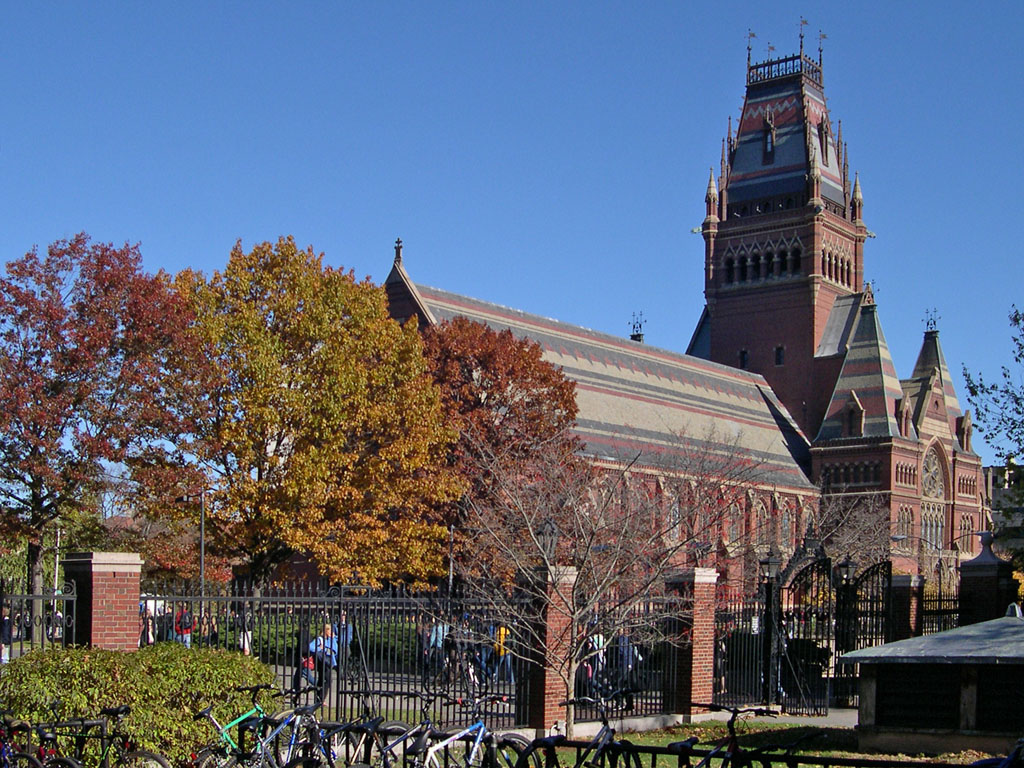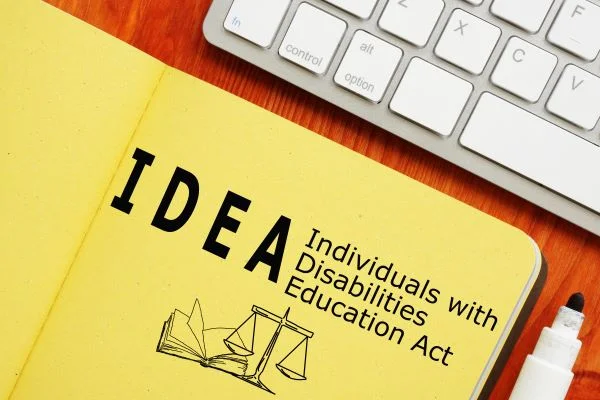In a significant move to raise college affordability, Harvard University recently announced that, starting in the 2025-2026 academic year, students whose families earn $200,000 or less per year will no longer have to pay tuition. According to AP News, “this expansion of financial aid is aimed at making Harvard more accessible to a broader range of students, especially for those of middle income families.” They have not yet announced how much the plan will cost, however.
This funding will include payments for tuition, food, housing, health insurance, and travel. Additionally, these students will receive a $2,000 start-up grant in their first year and a $2,000 launch grant during their junior year to assist with their transition beyond Harvard, according to the Harvard Gazette. This change will allow roughly 86% of U.S. families whose children have been accepted to qualify for some form of financial aid.
Harvard University President Alan M. Garber emphasized that the expansion aims to promote diversity by making the university accessible to students from various socioeconomic backgrounds.
“Putting Harvard within financial reach for more individuals widens the array of backgrounds, experiences, and perspectives that all of our students encounter, fostering their intellectual and personal growth,” he stated, according to Mass Live.
The dean of the Faculty of Arts and Sciences, Hopi Hoekstra, echoed this sentiment, noting that this investment seeks to ensure that Harvard is accessible to talented students regardless of financial constraints.
While some experts have raised concerns on the long-term sustainability of such financial aid policies, Robert Kechen, a professor at the University of Tennessee, noted that Harvard’s extensive endowment makes this expansion possible. However, smaller institutions with fewer resources may struggle to offer similar benefits.
Regarding the timing of this announcement, Kechen has stated on AP News, “It’s also a good time for Harvard to make this announcement given the political pressures that the super-elite colleges are facing right now.” After the Trump administration came to power with the recent election, many Americans have lost confidence in higher education. According to The New York Times, the Supreme Court decision to ban affirmative action decreased the number of Black and Hispanic students at many colleges. With their new announcement, Harvard has joined universities like MIT and UPenn, which have already publicized the decision to offer free tuition last November.
“We know the most talented students come from different socioeconomic backgrounds and experiences, from every state and around the globe,” William R. Fitzsimmons, Harvard College’s dean of admissions and financial aid, wrote in the Harvard Gazette. “Our financial aid is critical to ensuring that these students know Harvard College is a place where they can be a part of a vibrant learning community strengthened by their presence and participation.”
This policy change is expected to encourage more students from lower-income backgrounds to apply to Harvard, combating the recent changes made by the Trump Administration and expanding the school’s diversity. By alleviating financial barriers, Harvard is not only promoting equity but also ensuring that promising students from all walks of life can access one of the world’s most prestigious institutions.









